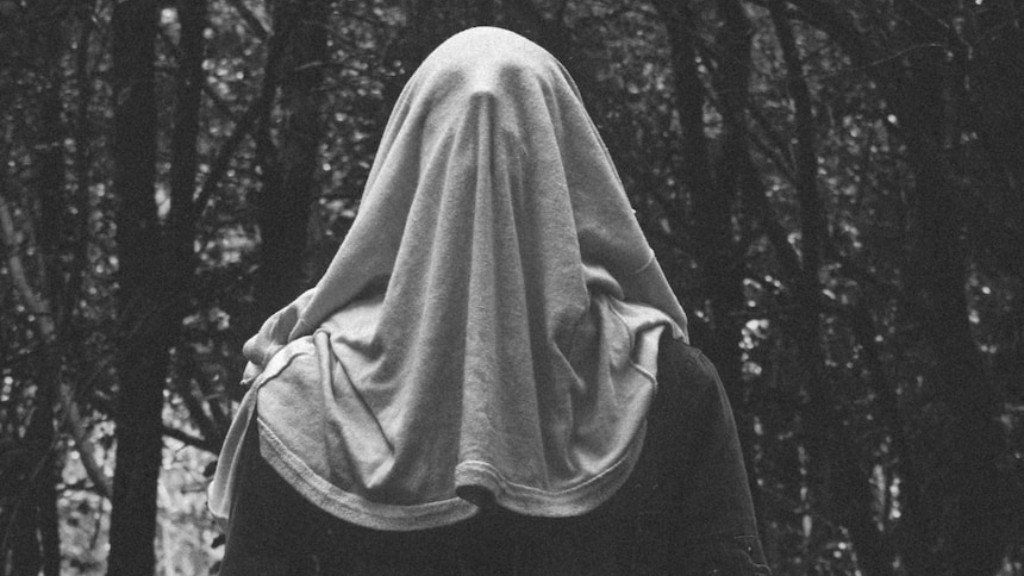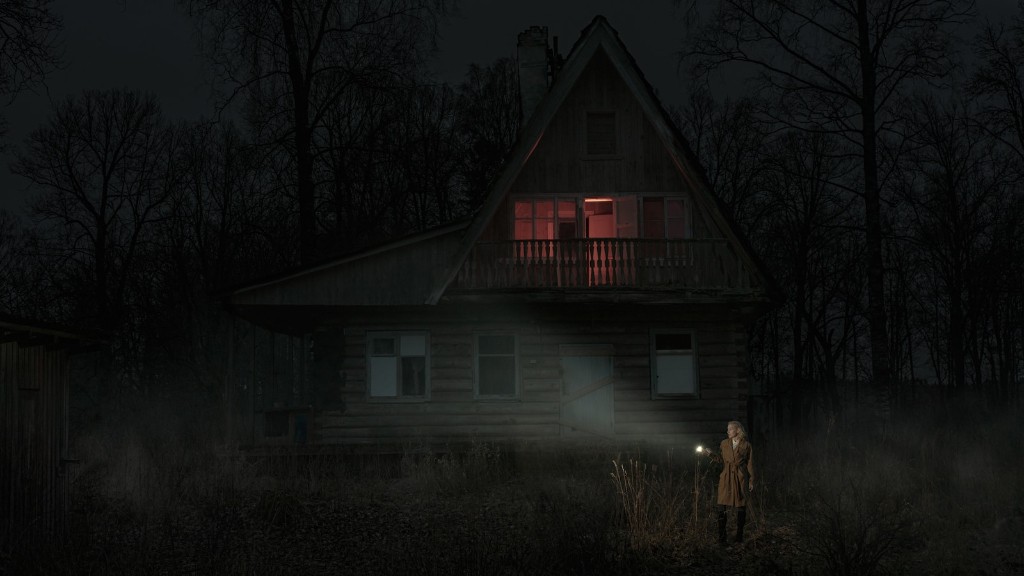The psychology behind psychological thriller movies
Psychological thriller movies are a type of film that are designed to scare and unnerve audiences by exploring our primal fears; often concerning the dark side of human nature and our anxieties as a society. These types of movies can lead audiences to question their beliefs, explore their personal anxieties, and inevitably offer a complex look into the different aspects of psychological horror. Plotlines will revolve around the antagonist and protagonist, while utilising techniques that delve into existential horror and mind games, offering an emotional and intellectual exploration of fear and tension. Psychological thriller movies can often leave us feeling unsettled, but they can also fuel lively conversations and debates.
The power of psychological thriller movies comes from their ability to tap into our psychological and emotional fears without having to rely heavily on jump scares or outlandish storylines. The audience’s perception of the characters’ intentions and actions often play into the mystery and create a powerful ambience of eeriness. Directors, writers and other artists that create psychological thriller movies like to implement tropes and devices that will help the audience question their beliefs, delve deeper into the psychology of their characters and explore unsettling themes.
In contrast to conventional horror movies, psychological thrillers generally forgo graphic violence and instead focus on the psychological transformation of characters. This element of psychological thrillers is what sets it apart from other genres and can make them powerful in their own way. As the audience, we are often taken on a journey with the characters as they explore the darkness of the world around them, where the goal is not just to survive, but to gain knowledge and perspective. The combination of suspense, suspense-driven plotting, and psychological exploration creates a complex story that is often hard to forget.
When it comes to naming the best psychological thriller movies of all time, there are many contenders to choose from. Some of the most iconic in the genre include Alfred Hitchcock classics like Rear Window and Vertigo, while more recent psychological thrillers have included The Silence of the Lambs, Get Out, and Black Swan. These movies have all left an engrained mark in the minds of viewers, and this is a testament to their power and the enduring impact that psychological thriller movies can have.
To explore the main elements of psychological thriller movies, we can look at some of the iconic works of the genre. For example, in Alfred Hitchcock’s Rear Window, the protagonist, an injured photographer, is confined to his apartment and is forced to observe the activities of his neighbours through the rear window. The film uses visual symbolism and psychological themes to explore the protagonist’s confusion, paranoia and fear. This film is considered to be a masterpiece of suspense and is a classic example of how psychological thriller movies can use suspense and psychological themes effectively.
The Silence of the Lambs, directed by Jonathan Demme, is another iconic psychological thriller movie. The film follows an FBI agent as she attempts to solve a series of horrifying murders by a notorious serial killer. It is full of tension and psychological horror, as the protagonist attempts to come to terms with the darkness of humanity and the psychological power of the killer.
Suspension Techniques in Psychological Thrillers
A key element in psychological thriller movies is the use of suspense and tension. Directors and writers of this genre often use a variety of techniques to amplify the feeling of suspense and tension onscreen. These techniques can include a slow pace, a disorienting storyline, shifts in character behaviour and unpredictable music. All of these elements combine together to create a gripping, nerve-wracking experience that keeps the audience at the edge of their seat.
The pacing of a psychological thriller movie is often slow and deliberate, focusing on creating and maintaining tension. This pacing allows the audience to get to know the characters and become invested in the story before it builds to a climax. Often, the narrative itself will be told out of order, allowing the audience to piece together the timeline as the protagonist does, leaving them further suspended in mystery and tension. By carefully pacing the story and building suspense gradually, psychological thrillers can create a complex and dynamic viewing experience.
In psychological thriller movies, the protagonist’s actions and thoughts are often unpredictable and ambiguous. This can help to create tension as the audience is left to guess what the protagonist is thinking and how this will affect the outcome. Oftentimes, directors and writers of psychological thriller movies will use a character’s backstory to help build suspense and establish why they are behaving a certain way. This throws another layer of mystery into the mix, as the audience can become invested in the character’s motivations and fears.
Music is also used to create tension and suspense in psychological thriller movies. Whether it is ominous music or a pattern of eerie sounds, it can provide an unsettling backdrop for the story. By playing into our primal fears, these powerful sounds can evoke a powerful emotional and intellectual response from the viewer.
Significance of Psychological Thriller Movies
Psychological thriller movies have the potential to create a powerful and unforgettable experience in viewers. They provide us with an opportunity to explore dark themes, and to question our own psychological motivations. These types of movies can be thought-provoking and unsettling, and can often evoke important conversations. They can also leave audiences left wondering and speculating, as they are left to make sense of the complex characters, storylines and themes.
Psychological thriller movies have the potential to delve deeper into a general fear of the unknown, while providing us with an emotional and intellectual journey. The genre is an effective way to explore psychological horror and to create an atmosphere of suspense and tension, making them ideal for creating a night of thrilling entertainment.
Exploring Different Subgenres of Psychological Thrillers
Psychological thriller movies are a diverse genre, with a huge variety of subgenres. These subgenres can include psychological horror, psychological science fiction and psychological crime dramas. Exploring these subgenres can help to build a better understanding of the genre and the themes and devices which filmmakers employ to create tension and suspense.
For example, psychological horror tends to focus on themes of fear, madness, and paranoia. It can often be unsettling, exploring our fears of the unknown and of our own psychology. Psychological science fiction takes a more futuristic approach, exploring scientific and psychological themes at the intersection of fear and knowledge. This genre often offers an elevated look at technology, humans and the future, while also presenting us with a new set of fears and anxieties.
Finally, psychological crime dramas explore themes of morality, conscience and criminality. This subgenre offers something new in the psychological thriller genre, mixing criminal and psychological themes together to create an atmosphere of suspense. Often, protagonists will be criminals themselves, or will be presented with complex moral dilemmas.
Conclusion and Impact
Psychological thriller movies have the potential to create a powerful and unforgettable experience in viewers. By combining suspense and tension with thought-provoking storylines and characters, psychological thriller movies present us with a unique opportunity to explore the darkest aspects of ourselves. Not only can these types of films be fun and entertaining, but they can also provide us with insight into our own psychology and beliefs.
It is clear that psychological thrillers are a genre that can have a powerful impact on viewers. The genre has become increasingly popular in recent years, and more and more filmmakers have begun to explore the depths of psychological horror. With a variety of subgenres and techniques, it is easy to see why psychological thriller movies have a unique place in popular culture.
Role of Technology & Special Effects in Psychological Thrillers
High-tech gadgets and modern-day technology have become integrated into psychological thriller movies in recent years. From handheld cameras to autonomous robotic devices, technology can help to build tension and add a modern twist to the genre.
The use of special effects can also be useful in psychological thrillers, as these types of movies often rely on creating an atmosphere of suspense. Special effects can be used to enhance this atmosphere, by providing a visual representation of the psychological horror and tension that is felt by the characters or the audience. As technology becomes more sophisticated, special effects can provide audiences with a vivid and realistic display of the tense and mysterious atmosphere that is so integral to psychological thrillers.
The use of CGI technology in psychological thrillers has enabled them to become more realistic and elaborate in recent years. CGI can be used to create unsettling and surreal visuals, while also offering an alternate perspective on the psychological horror in the movie. CGI can be used to add a level of realism to the tension and suspense of a movie, without sacrificing the potential emotional impact that is so integral to the genre.
Deepening the Psychological Terror
Psychological thriller movies have the potential to tap into our psychological and emotional fears in a unique way. As an audience, we are often invited to explore the depths of our own anxieties, as well as those of the characters on the screen. Directors, writers and other filmmakers often employ devices such as suspense, moving music and shifts in character, to deepen the psychological terror in the film.
The power of psychological thriller movies to evoke such a powerful emotional and intellectual response in viewers is part of what makes them so memorable. The atmosphere of suspense and tension that is created in psychological thriller films can have an enduring impact on the audience, who can often leave the movie feeling both unsettled and intrigued.
It is clear that psychological thriller movies can create an atmosphere of cold intensity, as well as awaken our primal fears. These types of films can engage us in a powerful way, and can act as a reminder of the various fears and anxieties that we experience in our lives.
Exploring our Innate Fears
Psychological thriller movies are a powerful reminder of our innate fears, and can often be incredibly thought-provoking. They allow us to question our beliefs, explore our own anxieties, and take a journey into the darkness of human nature and society.
There have been a number of iconic films throughout the years that have been iconic and memorable in this genre, exploring topics of fear, madness and paranoia. These films have often left an engrained mark on viewers and can act as powerful reminders of the potential of this genre, and of the psychological power of fear.
The genre of psychological thriller movies is a unique one, that allows us to explore aspects of fear that are both personal and universal. It has the potential to leave viewers feeling unsettled, and to create thought-provoking conversations. As the genre evolves, it will be interesting to see what new themes, devices and subgenres filmmakers begin to explore to hone their suspenseful and mysterious art.



